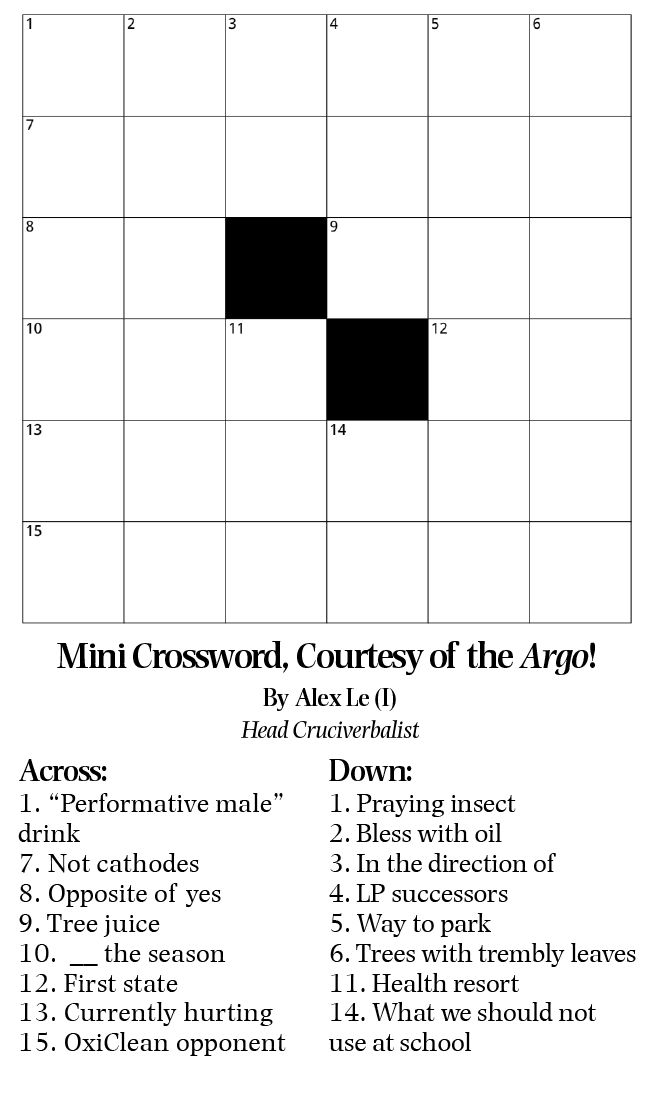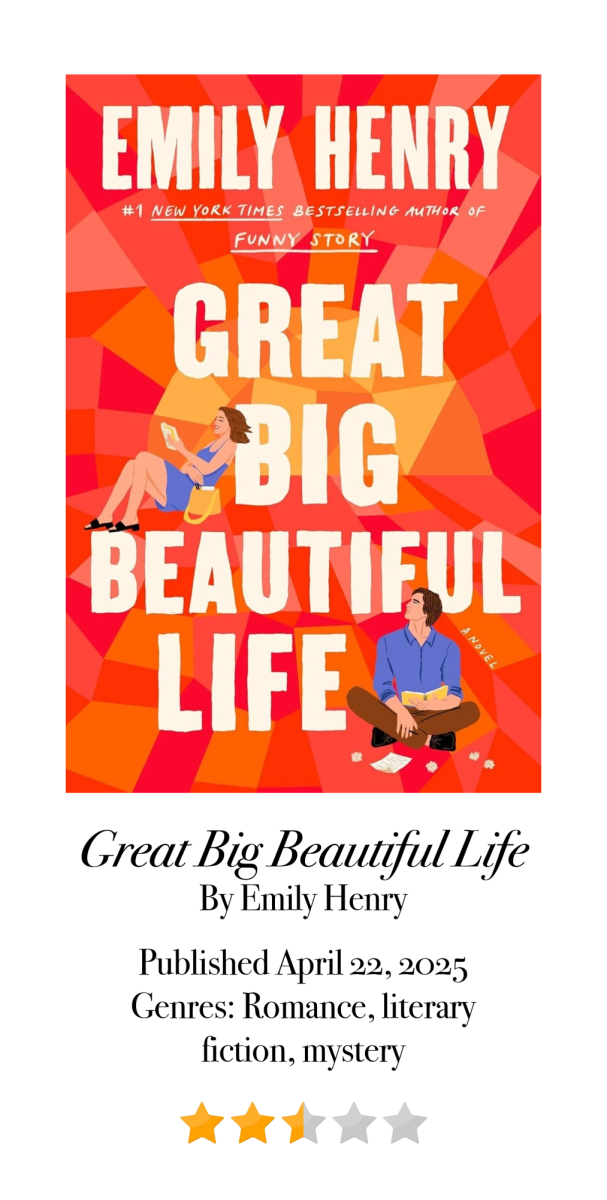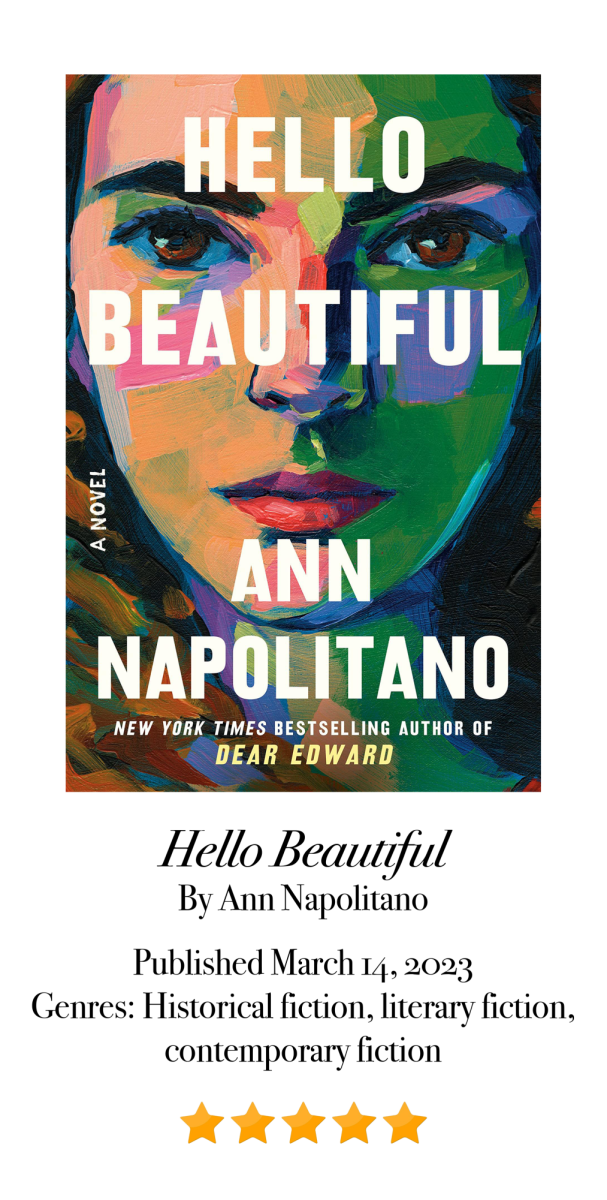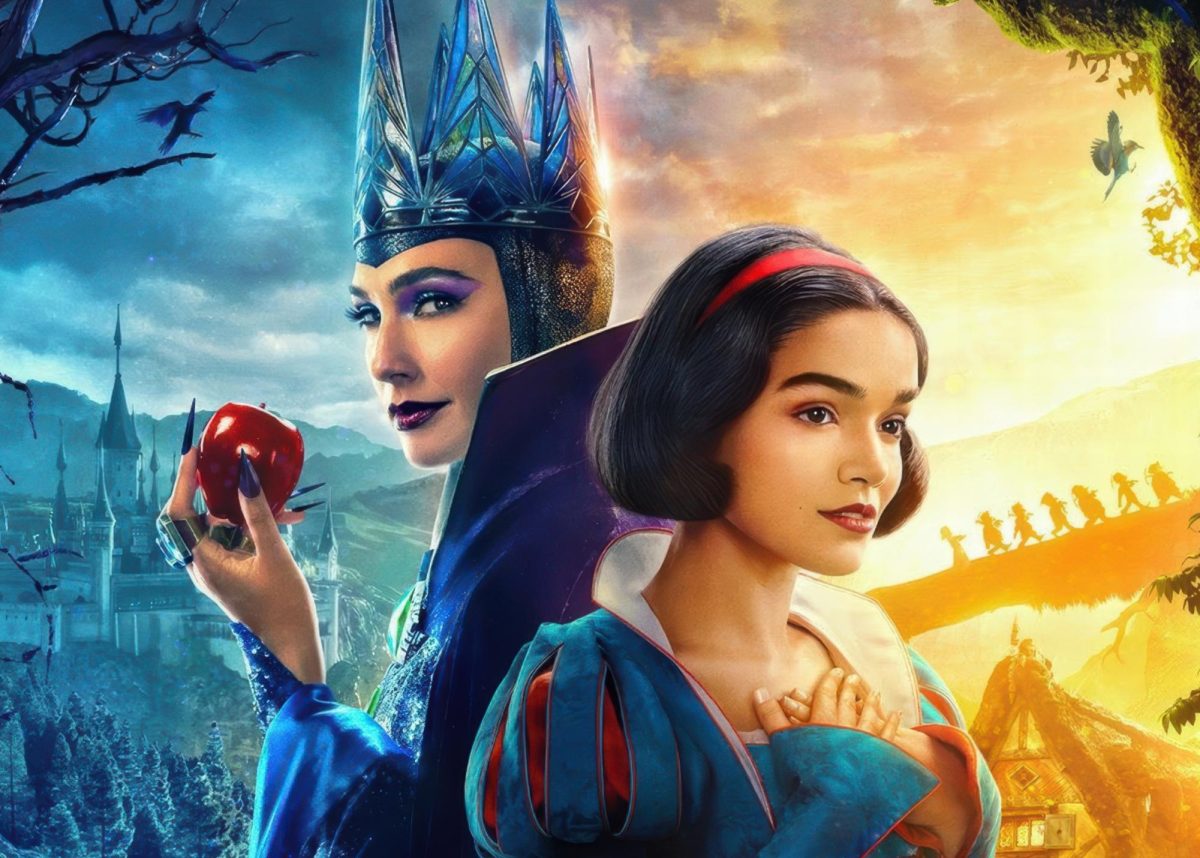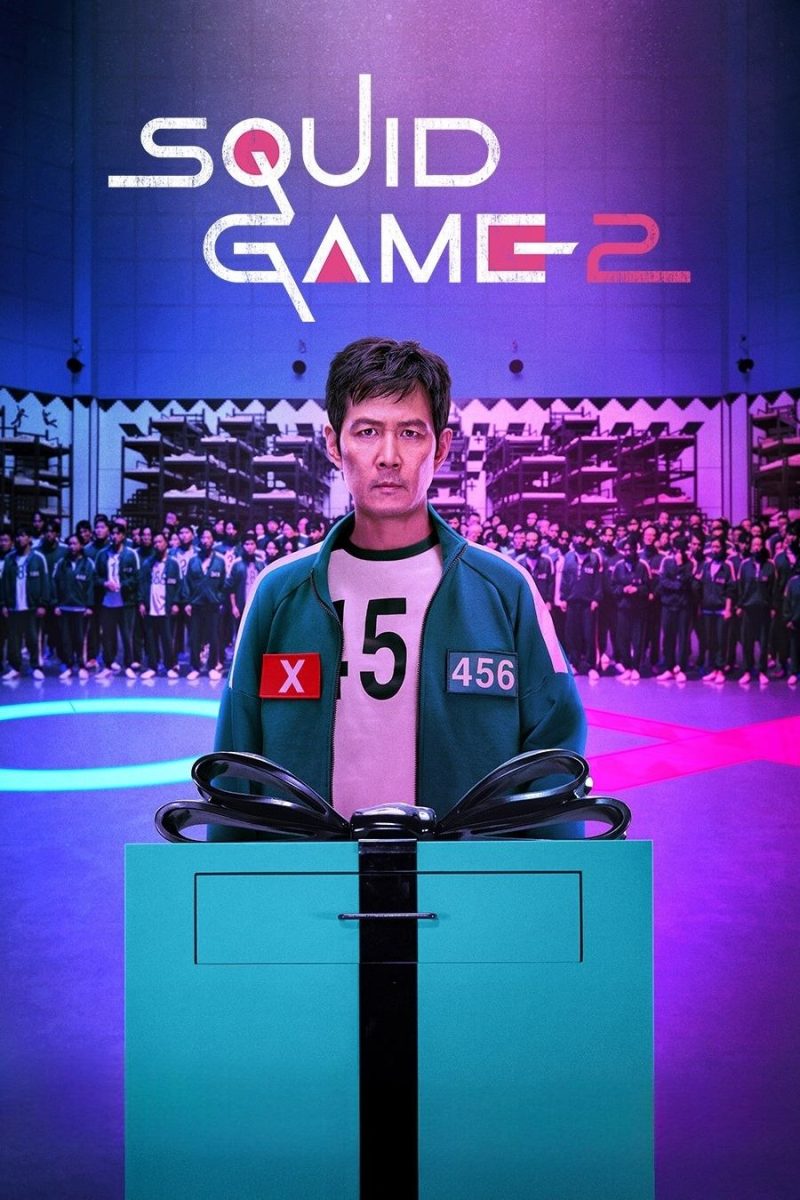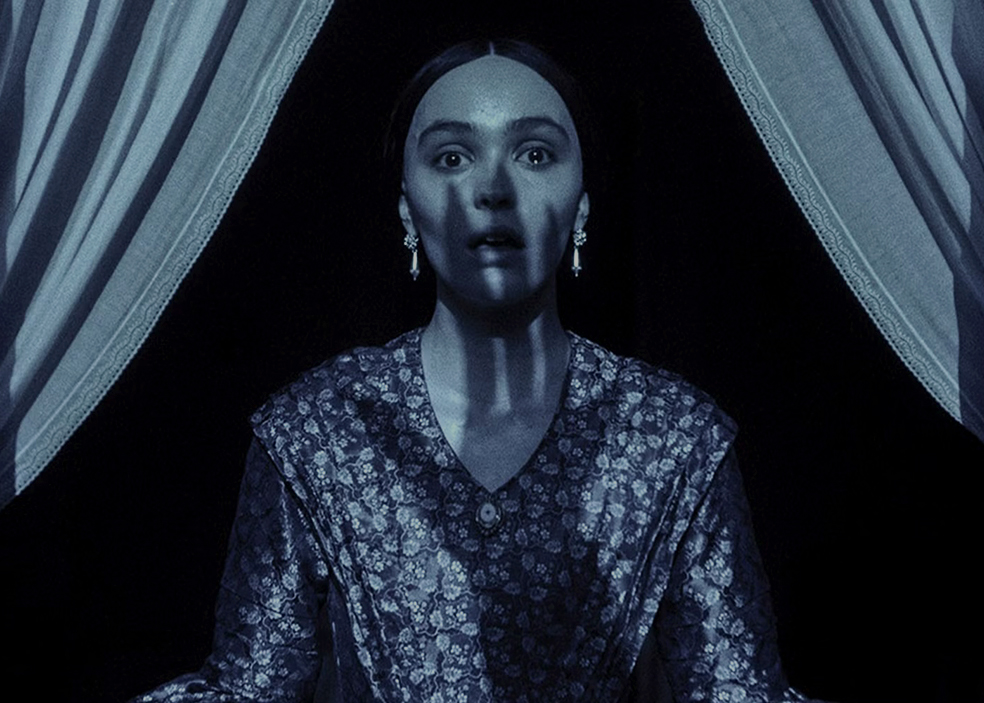Anora, the predicted winner of Best Picture at the 2025 Oscars, burst onto the scene at its first viewing at the 77th Cannes Film Festival earlier this year, with its theatrical debut following on October 18. The film features the actress Mikey Madison in the titular role of Anora “Ani” Mikheeva, a sex worker from Brooklyn who works in a strip club, and Ivan “Vanya” Zakharov (Mark Eydelshteyn), a spoiled young playboy with a wealthy Russian family.
A whirlwind of romance mystifies the couple as Vanya proposes to Ani. His parents catch wind of this forbidden relationship and travel to America, upon which Vanya disappears. The clock ticks down to midnight while Ani and the others search for him. There is no happy ending for the pair, unfortunately, as one of the family’s henchman, Igor (Yura Borisov), takes Ani back to her run-down home in Brooklyn. Vanya’s family coerces an annulment onto Ani, dismissing Ani and her attempts to join their family due to her occupation as a stripper.
Marketed as a comedy and drama, the R-rated film has already achieved the Palme d’Or, the highest honor awarded to a director at the Cannes Film Festival, to director Sean Baker upon its debut. In addition, Anora has been well received by critics of Vanity Fair and The New Yorker, and it has a 97 percent rating on the “Tomatometer” of Rotten Tomatoes.
The film is the subject of an ongoing and diverse discourse around feminism and sex work. Some viewers find that the movie is empowering for women, while others believe that the movie just reinforces the idea that a woman needs a man to be truly happy. In her article “Is Anora really a feminist masterpiece?” Glamour writer Meg Walters says, “Anora may seem to break down the Pretty Woman fantasy, but in its place, it presents us with a different version of the very same fantasy seen through the male gaze.”
The movie’s theme on feminism has divided the online community. Some Boston Latin School students disagree with Walters’s view, remaining united in believing that the movie is feminist.
Regarding the question on if the ending of Anora showing Ani crying in the lap of a man was detrimental to the idea of Anora being feminist, Meya Splaine (III), a member of BLS theatre, says, “Actually, surprisingly no, […] sex workers go through a lot and sometimes are seen as centered around men, but that is normal […] [although it] does defeat a little bit of the purpose.”
In addition, Anita Mei (III), a member of the BLS Ladies Collective, believes that the film provides a view of women different from that of typical depictions: “The ending shows that women shouldn’t have to be shown as objects and have experiences, [and the ending] just shows that society is corrupted.”
Anora is genuinely witty with its incorporation of unexpected humor, and it brings the viewer along on a rollercoaster of emotions through Ani’s experiences and relationship. The film is currently only in theaters, though it is predicted to be on streaming services at the end of the year. Neon, the production company of the film, has an exclusive streaming deal with Hulu, so be on the lookout!






